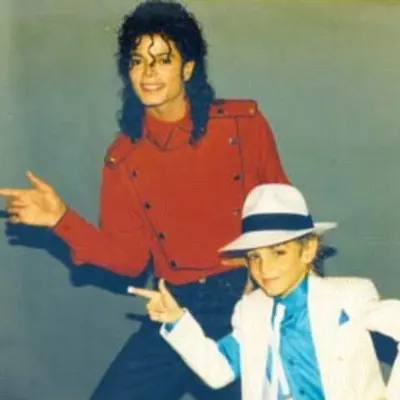Leaving Neverland is a cautionary tale of what happens when faith and fandom get blurred
-

When the first part of the HBO documentary aired Sunday night, the Jackson truthers emerged, says Megan Garber. "The hashtag #mjinnocent trended on Twitter," she says. "Jackson’s estate—which has steadfastly denied the men’s allegations, and which has sued HBO for $100 million for airing the documentary—shared rare video of Jackson in concert. The footage, a vaguely grainy reminder of Jackson the performer at his most dynamic and compelling and ingenious, is, in all, two hours long, the precise length of Leaving Neverland’s first episode. The estate’s implication is clear: Michael Jackson was a superstar, and superstardom is its own defense. Americans are accustomed to talking about fame using the heady language of the cosmos: the celebrity as a celestial truth, situated above us; the superstar as a force in the firmament, all heat and light and gravitational demands. Jackson’s environmental form of fame—music that permeated people’s lives, iconography that saturated American culture—anticipated the intimate version of celebrity that is the default today. It is fitting, in that regard, that celebrity itself functions as a spectral character in Leaving Neverland. Jackson was acutely aware of the affordances of fame; he leveraged them, the documentary suggests—and, ultimately, he weaponized them."
ALSO:
TOPICS: Leaving Neverland, HBO, Michael Jackson, Documentaries
More Leaving Neverland on Primetimer:- TV documentaries are having a real-life impact, from Framing Britney Spears to Surviving R. Kelly to Who Killed Malcolm X?
- From Framing Britney to Allen v. Farrow: Documentaries are influencing how celebrities are perceived
- Leaving Neverland director is trying to film a sequel documentary as he fights legal battles with Michael Jackson's legacy companies
- Appeals court allows Leaving Neverland's Michael Jackson accusers to revive their lawsuits
